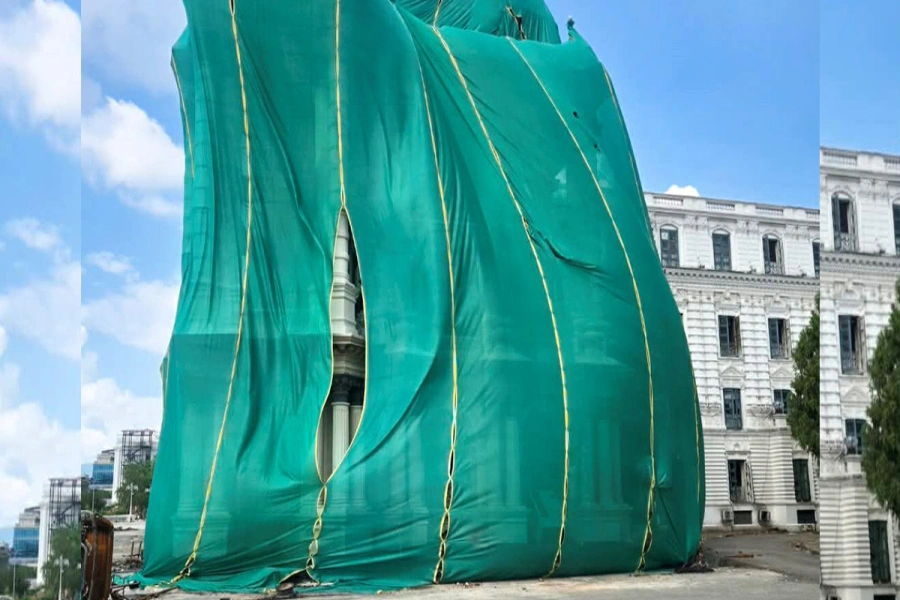KATHMANDU, June 11: Contrary to the government’s commitment of zero tolerance against corruption, the fresh amendment (seventh) in the Public Procurement Rules has given multiple grounds for subjective decisions, which is likely to promote corruption.
The rules, prepared and endorsed on June 6 without much discussion and debate with the stakeholders, has a subjective provision on the matter of taking action against construction companies with graft-accused promoters.
The sixth amendment on the rules, endorsed on May 14, had a provision to bar a construction company from participating in any public bidding if any of its promoters was charged with graft case at a court of law.
Experts and construction companies had termed the provision as a regressive policy.
The government has now amended the provision to require public agencies to write to the concerned government agencies about the graft case.
SC makes publication of public procurement tender notices in ne...

Those companies can participate in tenders bids of the public entities, but their tenders ‘may be’ excluded during the evaluation time.
Commenting on the provision, the Federation of Contractors’ Association Nepal (FCAN) has stated that the provision allows government officials to make arbitrary decisions.
The federation’s president Rabi Singh said that it encourages corrupt behavior of the people in public offices.
Procurement expert and former director general of the Department of Roads Dinkar Sharma said the clause of ‘may be’ in a procurement laws only helps corruption and malpractices to grow.
“The law should only have ‘shall’ or ‘shall be’ clauses to avoid any ambiguity,” said Dinkar Sharma.
Likewise, another provision in the amendment states that the contracts signed before the amendment (June 6) shall be given a maximum extension of one year if the project is feasible for completing in the extended time period.
The federation has cautiously welcomed the provision.
“We have demanded that there should be a technical evaluation of the remaining tasks of the contract of a development project instead of whimsical decision by the authorities,” Singh said.
The FCAN has also demanded to consider other factors such as local hurdles, shortage of construction materials, and lack of needful budget among others behind the delay in works.
“Again this allows the government officials to decide on the fate of the contract in a subjective way. Rather, such time extension should be permitted completely with the technical assessments,” argued Sharma.
The failure to complete the works even in one year may lead to a contract termination and the construction company may face blacklisting of up to three years, meaning that they would be barred from participating in any contracts.
The rules has, however, not changed the provision of maximum 50% time extension in any contract signed after its endorsement or May 14.
“It seems the law is being made without consulting any expert on procurement because both of the amendments are not going to help the government that wants to speed up spending money in development projects,” said Sharma.



























-1772436151.webp)










